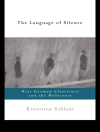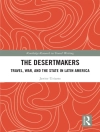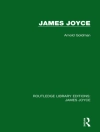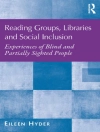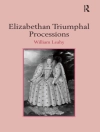From the earliest times, societies have been seduced by the temptation of unitary thinking. Recognizing the vulnerability of existence, people and cultures privilege regimes that confer authority on a single entity, a sovereign ruler, a transcendental deity, or an Event, which they embrace with unquestioned devotion. Such obsessions precipitate contempt for the worldliness of real bodies in real time and refusal of responsibility and agency.
In The Perils of the One, Stathis Gourgouris offers a philosophical anthropology that confronts the legacy of “monarchical thinking”: the desire to subjugate oneself to unitary principles and structures, whether political, moral, theological, or secular. In wide-ranging essays that are at once poetic and polemical, intellectual and passionate, Gourgouris reads across politics and theology, literary and art criticism, psychoanalysis and feminism in a critique of both political theology and the metaphysics of secularism. He engages with a range of figures from the Apostle Paul and Trinitarian theologians, to La Boétie, Schmitt, and Freud, to contemporary thinkers such as Clastres, Said, Castoriadis, Žižek, Butler, and Irigaray. At once a broad perspective on human history and a detailed examination of our present moment, The Perils of the One offers glimpses of what a counterpolitics of autonomy would look like from anarchic subjectivities that refuse external ideals, resist the allure of command and obedience, and embrace otherness.
विषयसूची
Preface
Acknowledgments
1. Transformation, Not Transcendence
2. The Lesson of Pierre Clastres
3. On Self- Alteration
4. Žižek’s Realism
5. Paul’s Greek
6. Every Religion Is Idolatry
Notes
Index
लेखक के बारे में
Stathis Gourgouris is professor of classics, English, and comparative literature and society at Columbia University. He is the author of several books, including
Dream Nation (1996),
Does Literature Think? (2003), and
Lessons in Secular Criticism (2013).


